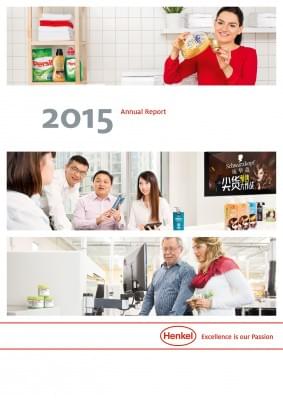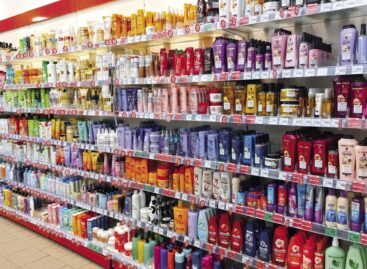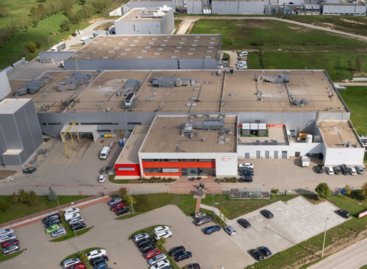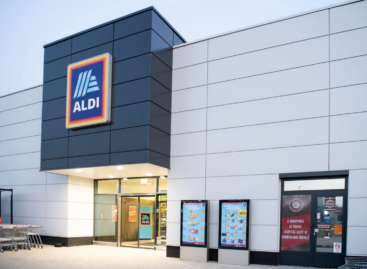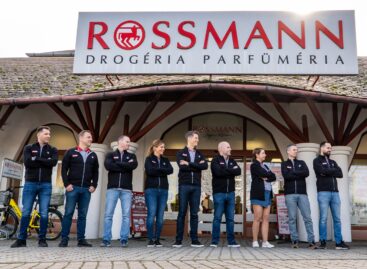Sustainability targets 2011 to 2015 achieved
Henkel reached the interim targets of its Sustainability Strategy for 2030, set new milestones for 2020 and published its 25th Sustainability Report. The first report was published nearly a quarter of a century ago in 1992 – the year of the UN Conference on Environment and Development in Rio de Janeiro.
“2015 was an important year for Henkel: We met the interim targets for the first five years of our long-term Sustainability Strategy for 2030. But we are not stopping now; we are already thinking a step ahead. In order to continue to drive sustainability, we have developed new ambitious targets for 2020 and defined additional areas for action along the entire value chain,” said Kathrin Menges, Executive Vice President Human Resources and Chair of Henkel’s Sustainability Council.
Interim targets achieved – new ambitions for 2020
Achieving more while using less resources and tripling the efficiency by 2030 – that is the goal of Henkel’s Sustainability Strategy. The company has made great progress and has surpassed its interim targets for 2011 to 2015:
energy efficiency improved by 18 percentwater use by 23 percentwaste volume by 17 percentoccupational safety by 33 percent andsales by 11 percent.
Overall, Henkel has improved the relationship between the created value and the environmental footprint by 38 percent.
The new targets: By 2020, the company intends to reduce CO2 emissions of its production sites, water use and waste volume by 30 percent per ton of product compared to 2010. Occupational safety is to be improved by 40 percent and sales by 22 percent per ton of product. The achievement of these targets would result in an overall efficiency improvement of 75 percent by 2020 compared to 2010.
School project reaches around 63,000 children
As a company, Henkel aims to create more value with a reduced environmental footprint. It also encourages others to offer contributions for more sustainability; this goes beyond dialog with suppliers, customers and consumers. Henkel’s employees are at the center of the Sustainability Ambassador program. As a part of the program, the company’s school project initiative continued to grow in 2015: Henkel’s employees receive training so that they are able to explain the importance of sustainable behavior to others, including schoolchildren. Since 2012, around 6,200 Henkel employees have become Sustainability Ambassadors, and the program has reached around 63,000 schoolchildren in 43 countries.
Henkel’s achievements in sustainability were once again honored in 2015 by various sustainability ratings and rankings. Henkel was included once again in the “Global 100 Most Sustainable Corporations in the World” Index and was rated “Gold” by EcoVadis. The company also received RobecoSAM’s Silver Class award.
Related news
From routine to ritual
🎧 Hallgasd a cikket: Lejátszás Szünet Folytatás Leállítás Nyelv: Auto…
Read more >Henkel: 3,000 accident-free days
🎧 Hallgasd a cikket: Lejátszás Szünet Folytatás Leállítás Nyelv: Auto…
Read more >Related news
BioTechUSA and Docler Holding CEOs Launch New Venture
🎧 Hallgasd a cikket: Lejátszás Szünet Folytatás Leállítás Nyelv: Auto…
Read more >

